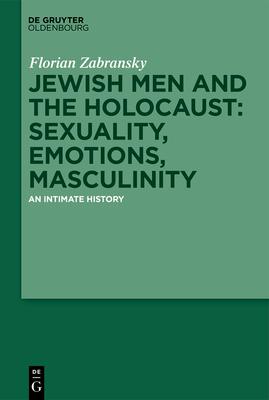During the Holocaust, amid death and violence, Jewish men were not mere powerless victims. Linking gender studies with a history of sexuality and emotions will highlight intimate agency, power struggles, negotiations of relationships, social dynamics, and representations of masculinities. Considering the agency and vulnerability will further convey intimate choices, the representation of masculine ideals, intimate violence, and the expression of various emotions such as honour and love. As research on the Holocaust often links women with sexuality or portrays women as gendered beings, it is crucial to excavate the intimate, hidden lives of Jewish men and their specific intimate experiences as men.
The analysis not only demonstrates how Jewish men remember and make sense of their experiences, but also how they chose to form the narrative and how they represented their ordeal in four chapters, namely ghettos, concentration camps, Jewish resistance in the countryside, and finally, DP camps in the aftermath of the Holocaust. The consideration of these four spaces allows a nuanced, innovative understanding of the intimate history of Jewish men during the Holocaust, i.e. how some men established male dominated structures and established intimate strategies to find solace and pleasure.
